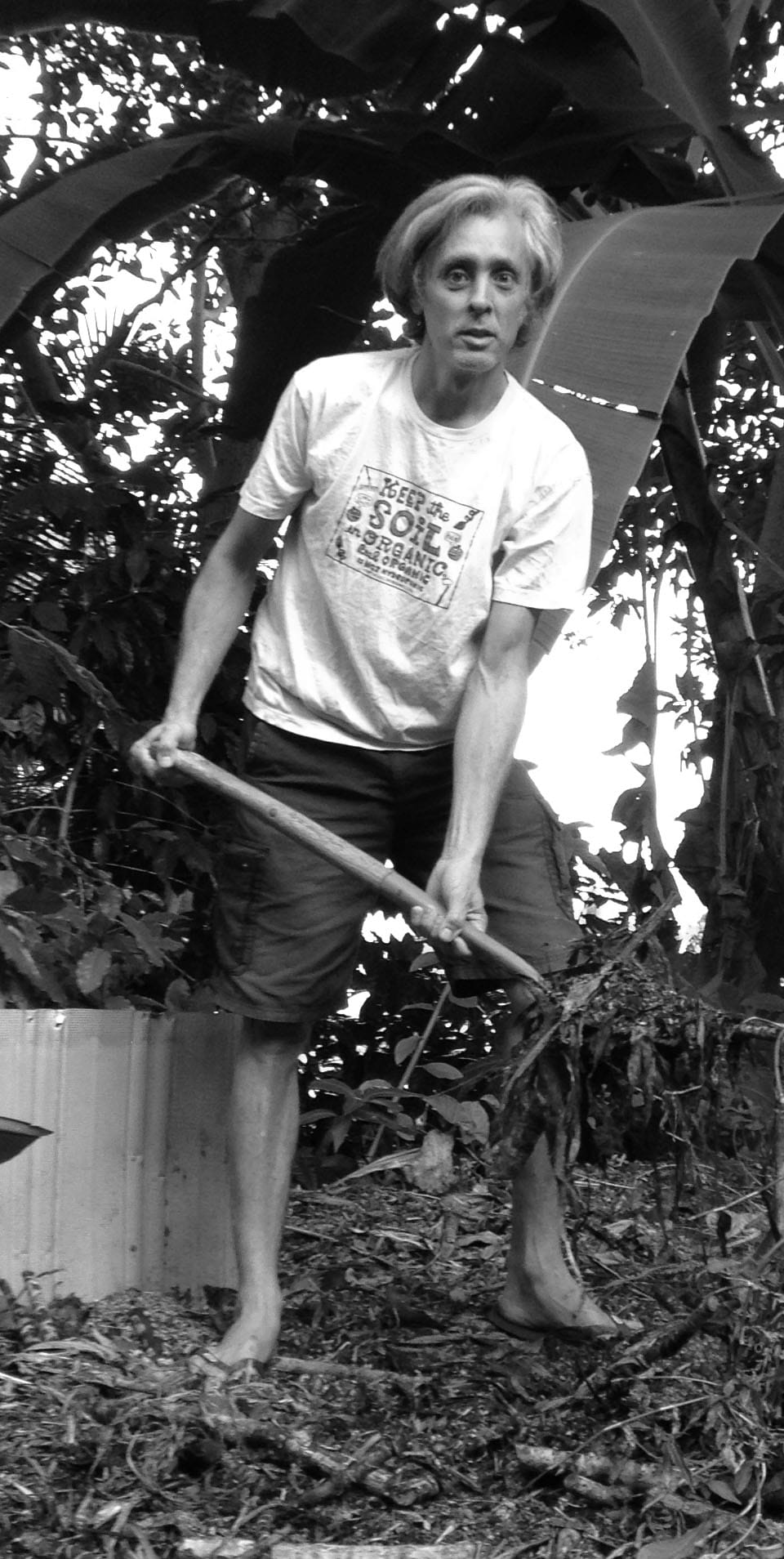Cornucopia’s Take: One of Cornucopia’s respected farmer members, and past NOSB member, Colehour Bondera, recently wrote to us in response to our Cultivator article on coffee labeling. You will find his letter to us, printed in totality, below.
Letter to the Editor
by Colehour Bondera
 |
This is a communication in reply to the recent (Fall 2017) article by Linley Dixon, titled, “Considering Coffee.”
Let us all recognize that coffee has been moved from tropical to temperate regions for well over 500 years. There does not seem to be any shift in said demand. As one of the primary-level, “global drugs” (chocolate and alcohol being the others), coffee is something which must be seen as a foundational product to learn from.
For that reason, we must learn about coffee, and as a long-term farmer of organic Kona coffee, it is important to remind of the fact that coffee is grown in Puerto Rico and Hawaii, both directly parts of the United States. Therefore, it is encouraged that you recognize what is already (and has been for hundreds of years) US crops that are available to even those far away!
As an organic coffee farmer, it is not necessary to use any of the synthetic chemicals that are used so widely in the coffee industry (including not only in production and processing, but also with shipping and storage.) In fact, as said before, remember that coffee has been exported many miles from production for hundreds of years successfully – well before any of these unnecessary inputs were available.
As a “farmer to farmer” volunteer to Guatemala in 2016, though not directly dealing with coffee, the work regarding organic certification subject area was interesting, since, as suggested by Ms. Dixon, things are very different from systems in the U.S., meaning that certifications are typically NOT done by individual farms, but instead by associations or cooperative groups. This applies significantly to coffee, since many thousands of distinct farms are producing coffee throughout many countries in the world. (Note that according to FairTrade via the internet, “25 million smallholder farmers produce 80% of the world’s coffee.”)
Small scale farmers must support one another, and Cornucopia has worked diligently to protect the integrity of organics and the meaning/utility of certification for said producers. While serving on the National Organic Standards Board, it was thrilling to receive such healthy representation as came from Cornucopia, including a number of times testimony from Ms. Dixon on important topics.
That said, this is truly to remind you all that you can and should enjoy US coffee when you have that opportunity. Next time any of you find yourself in Hawaii, contact me for a visit and even a cup of our organic Kona coffee! Thereby you could better get to “know your farmer”.
Peace,
Colehour Bondera
KANALANI OHANA FARM
www.kanalanifarm.org
Colehour Bondera grows certified organic 100% Kona coffee and cacao below the overstory of avocado and tropical fruits trees with an understory of vegetables, root crops, and herbs on Kanalani Ohana Farm, in Honaunau, Hawaii. He focuses on building healthy soil and developing ground-cover as part of this steep hillside agriculture on the edge of the Mauna Loa volcano. He is President emeritus of the Kona Coffee Farmers Association (KCFA), with nearly ten years of work with coffee farmers groups. Bondera served on the National Organic Standards Board from 2011 to 2016.

